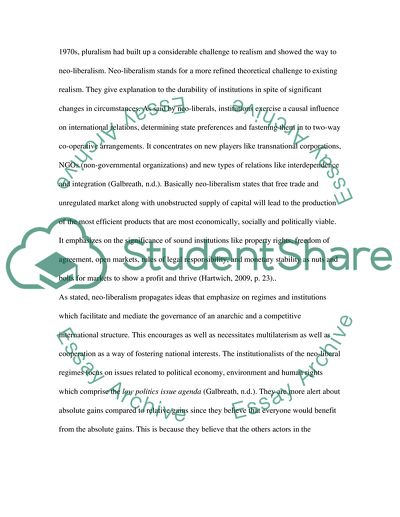Cite this document
(Neo-Liberalism as a Fundamental New Approach in International Coursework, n.d.)
Neo-Liberalism as a Fundamental New Approach in International Coursework. Retrieved from https://studentshare.org/politics/1563770-neoliberalism-is-a-fundamental-new-approach-in-international-relations-theory-discuss
Neo-Liberalism as a Fundamental New Approach in International Coursework. Retrieved from https://studentshare.org/politics/1563770-neoliberalism-is-a-fundamental-new-approach-in-international-relations-theory-discuss
(Neo-Liberalism As a Fundamental New Approach in International Coursework)
Neo-Liberalism As a Fundamental New Approach in International Coursework. https://studentshare.org/politics/1563770-neoliberalism-is-a-fundamental-new-approach-in-international-relations-theory-discuss.
Neo-Liberalism As a Fundamental New Approach in International Coursework. https://studentshare.org/politics/1563770-neoliberalism-is-a-fundamental-new-approach-in-international-relations-theory-discuss.
“Neo-Liberalism As a Fundamental New Approach in International Coursework”. https://studentshare.org/politics/1563770-neoliberalism-is-a-fundamental-new-approach-in-international-relations-theory-discuss.


